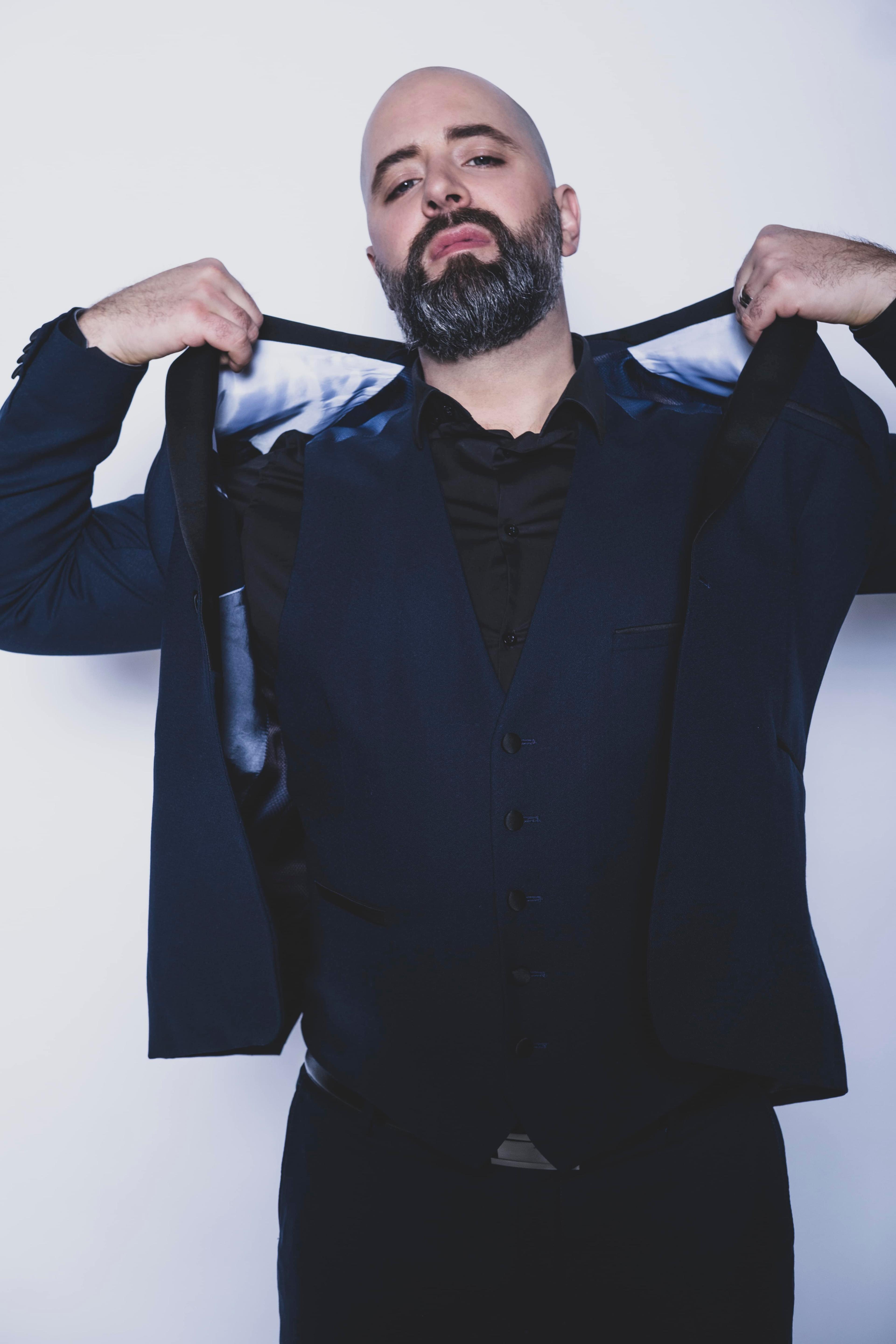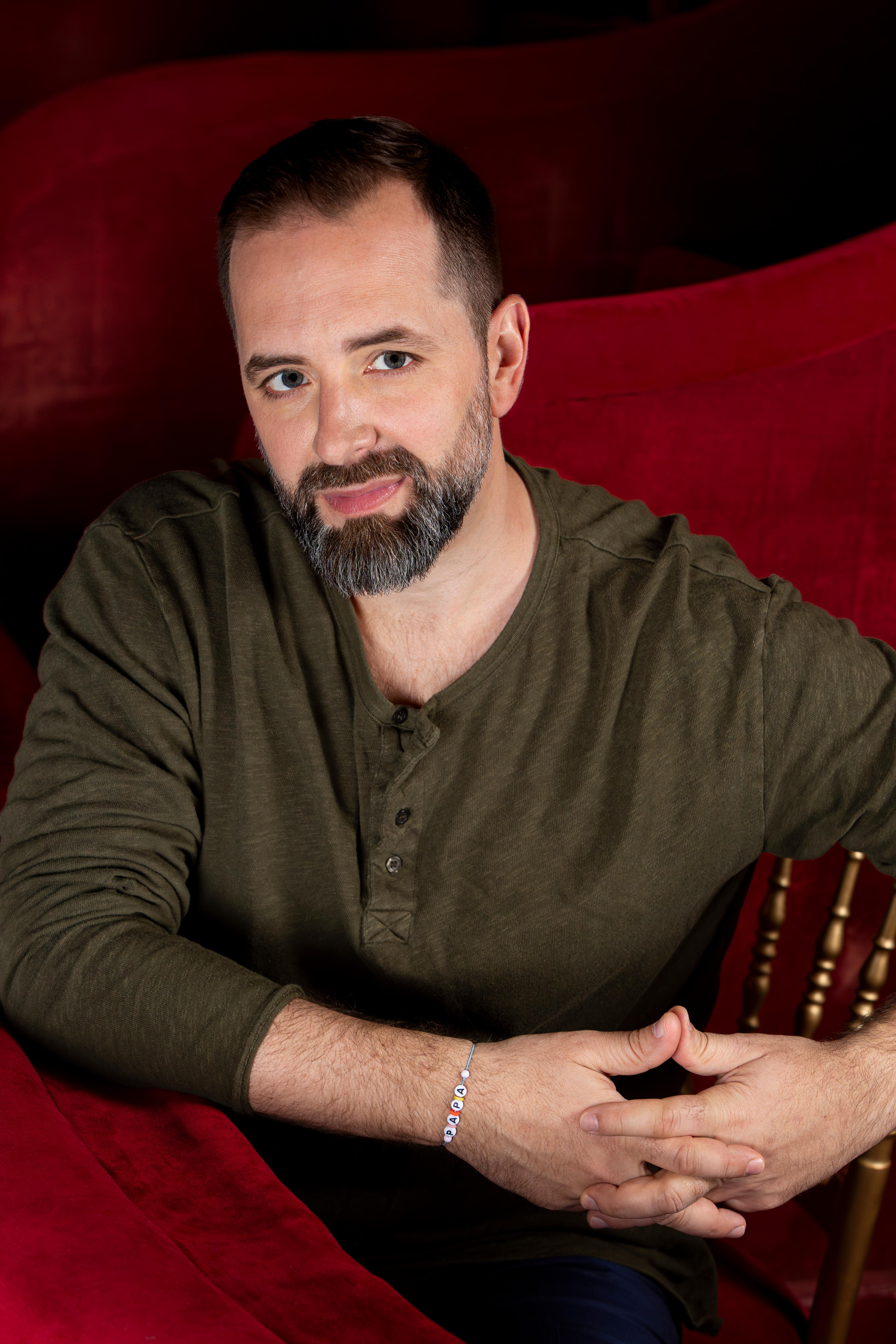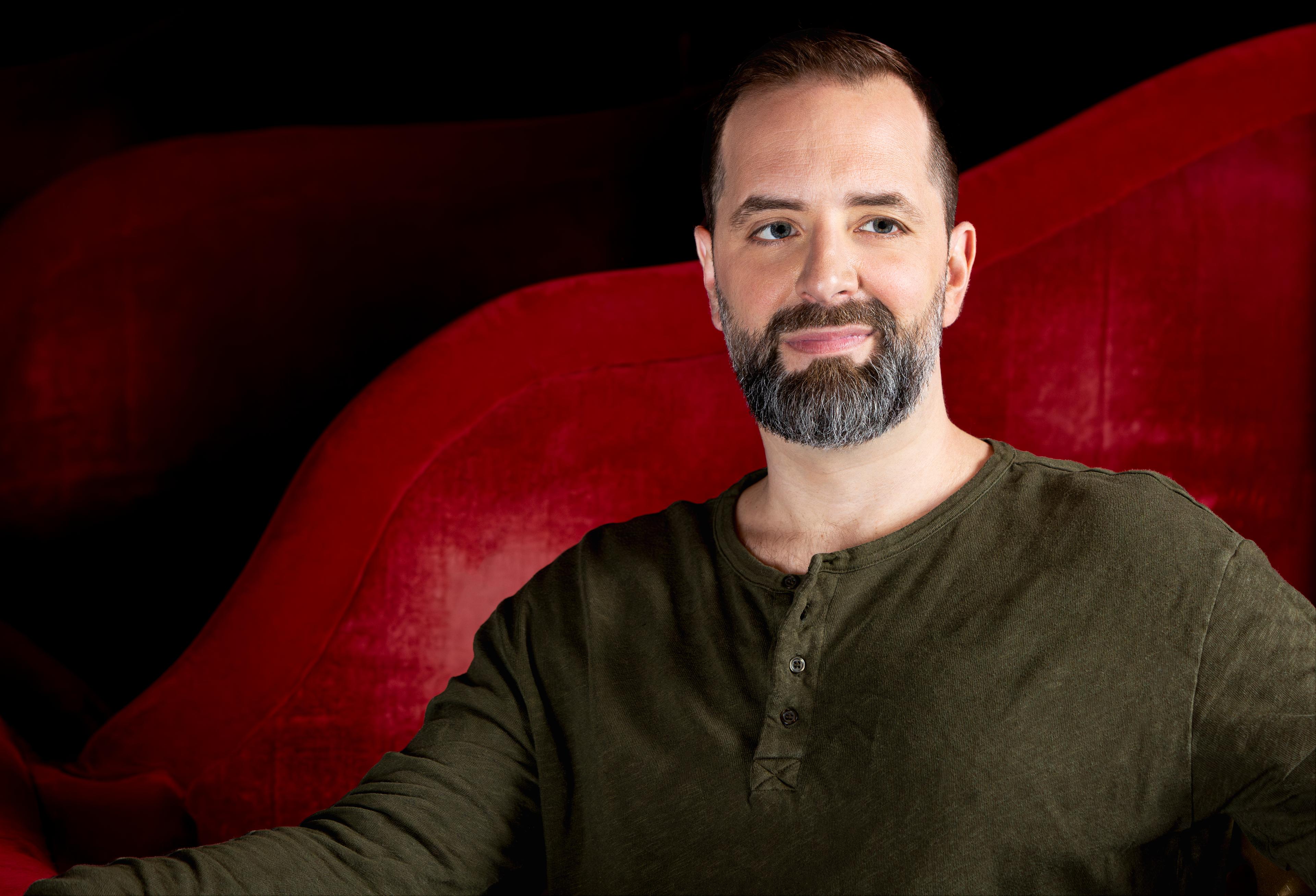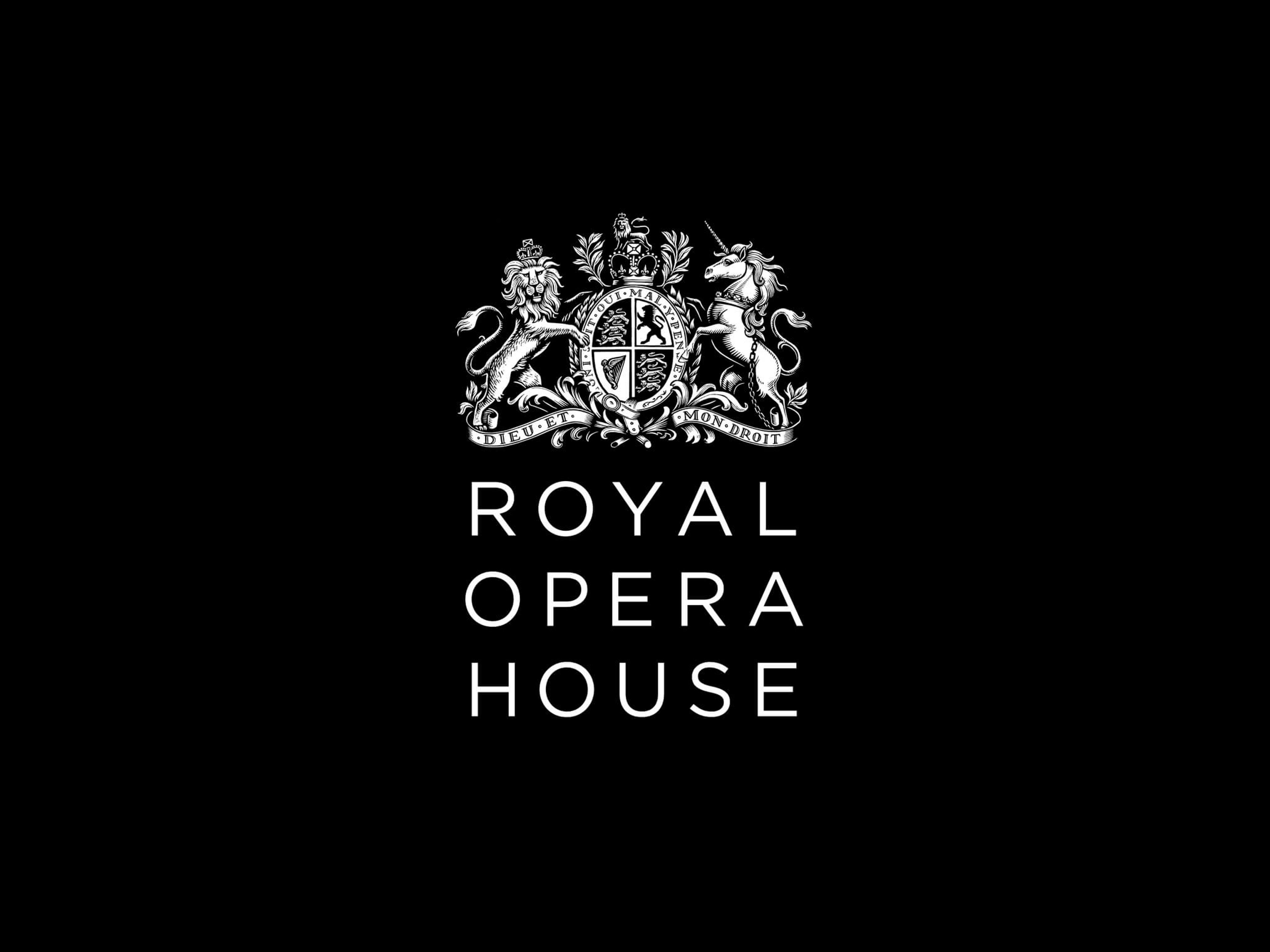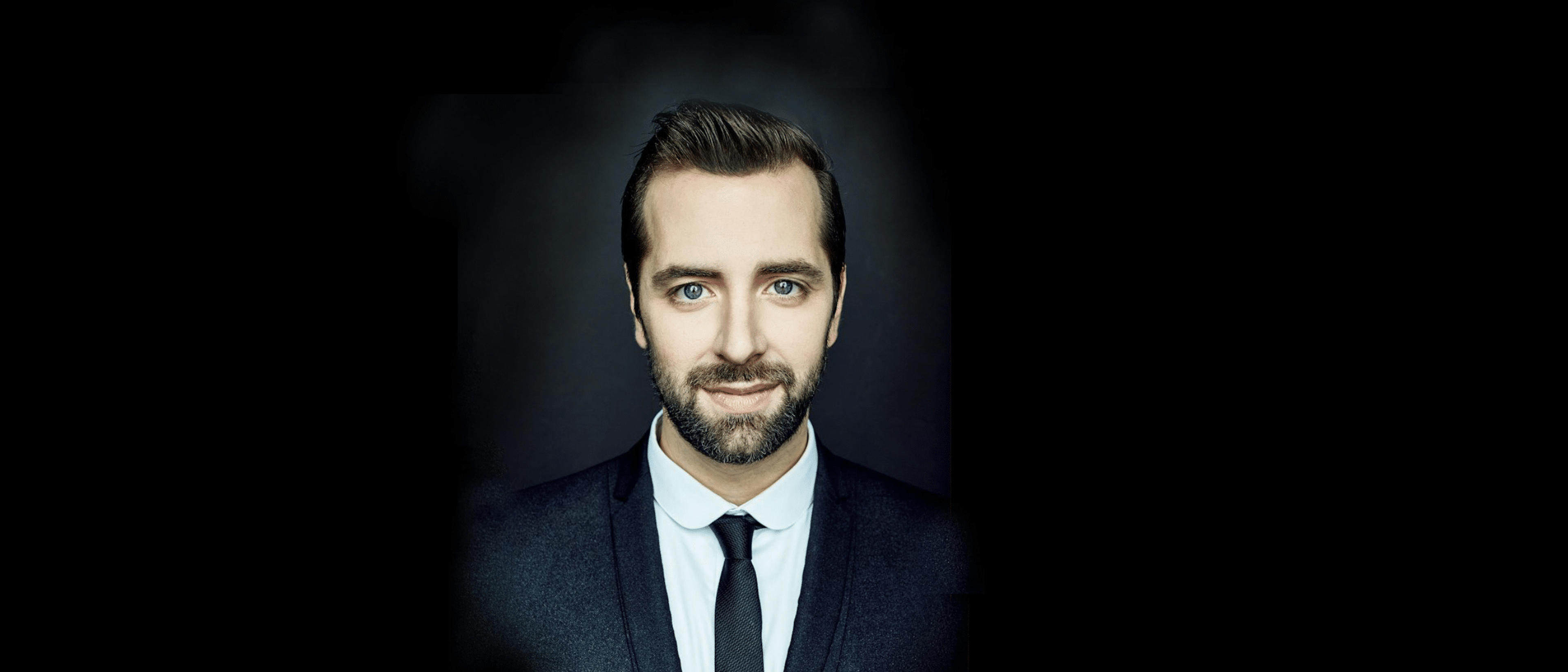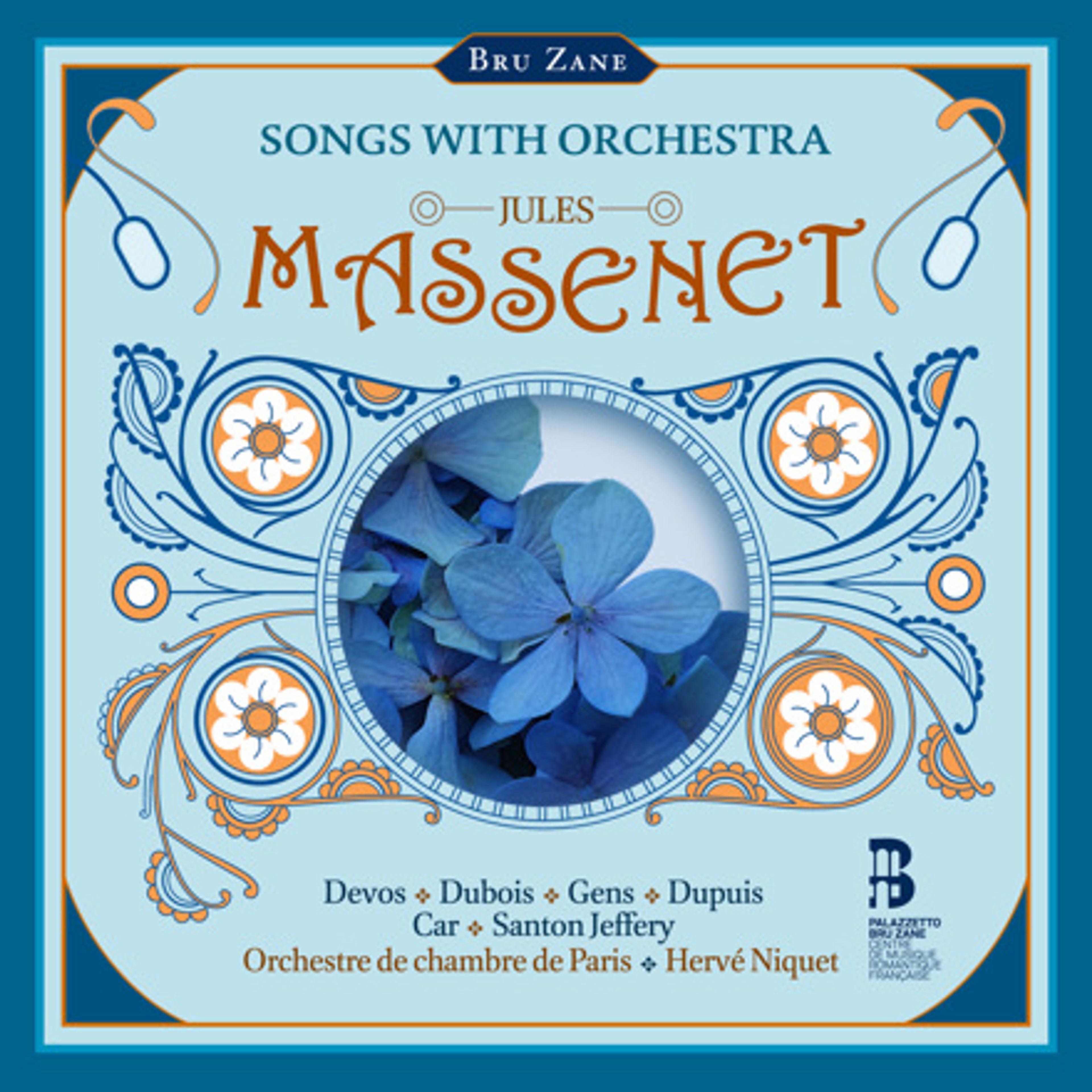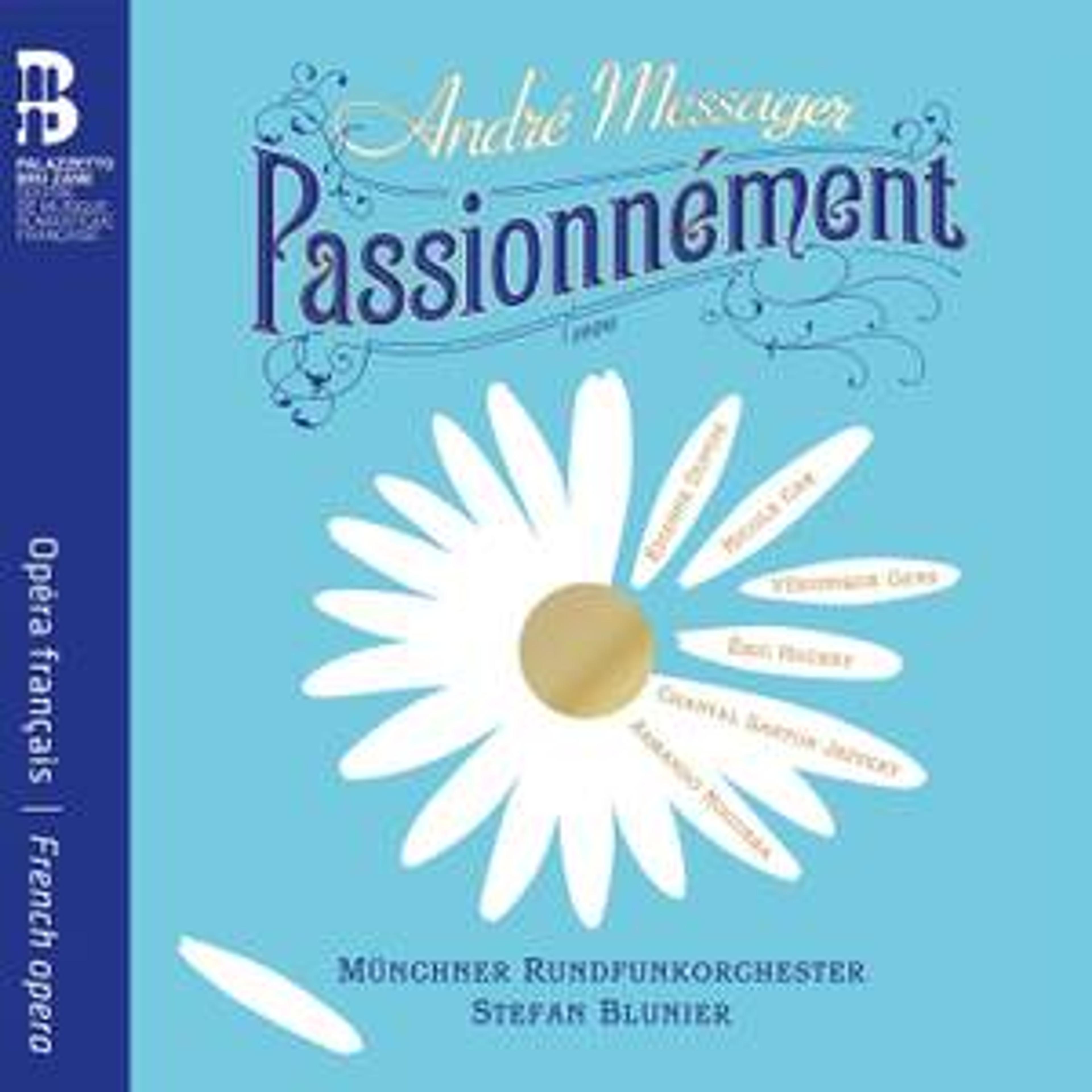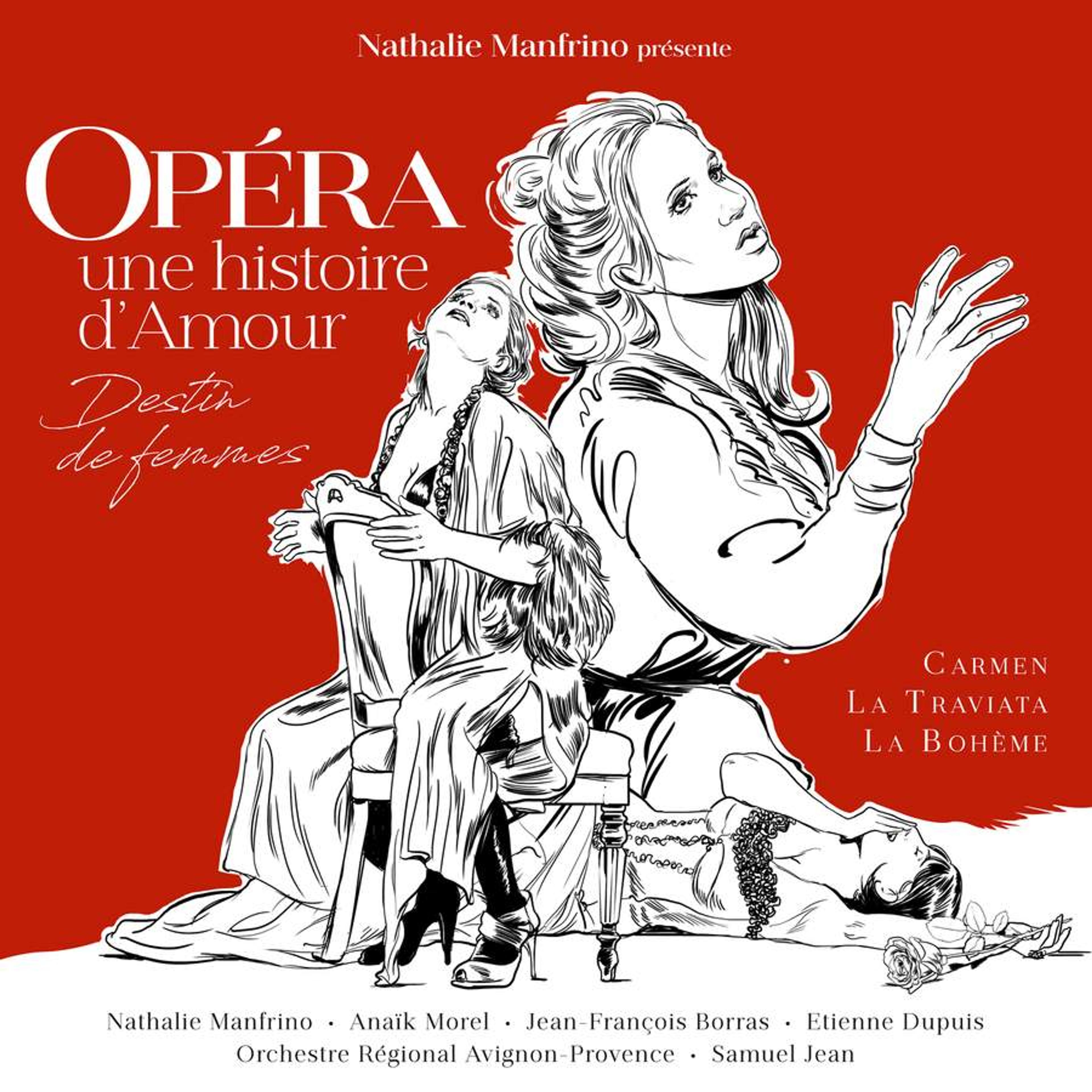ÉtienneDupuis


Contact

Sue Spence

Nicholas Moloney

Jessica Buchanan-Barrow
Representation
Worldwide general management with Askonas Holt
About Étienne
Born in Montreal, Étienne Dupuis has established himself as one of the most distinguished baritones of his generation.
The 24-25 season sees Étienne return to the Wiener Staatsoper as Posa Don Carlo, the tittle role of Don Giovanni and Rigoletto at the Deutsche Oper Berlin. He will make his role debut as Macbeth in Washington and will return to the ROH as Conte di Lune Il trovatore.
Increasingly in demand for Verdi roles, his 2023/24 season included his role debut as Don Carlo di Vargas in La forza del destino at the Royal Opera House with Sir Mark Elder, and his role debut as Rigoletto at the Teatro Real, Madrid conducted by Nicola Luisotti and on tour to Japan with the Royal Opera House and Antonio Pappano.
Étienne has appeared regularly at the Deutsche Oper Berlin and at the Wiener Staatsoper, including as Posa (Don Carlo), Zurga (Les Pêcheurs de perles), Figaro, (Il Barbiere di Siviglia), Germont La traviata, Marcello (La bohème), Renato (Un ballo in maschera), Valentin (Faust), and as the title role in Eugene Onegin.
He was made a Chevalier de l'ordre des arts et des lettres de la république de France in 2021.
Representation
Worldwide general management with Askonas Holt
Season Highlights
Video
Cortigiani, vil razza dannata
Credit: Teatro Real Madrid
PlayingSi può
Credit: Hannover Klassik Open Air 2023
PlayingDon Carlos: “Dieu, tu semas dans nos âmes”
Matthew Polenzani and Etienne Dupuis - Metropolitan Opera 2022 Credit: Metropolitan Opera
PlayingMassenet - Werther "Pourquoi me réveiller"
Opéra de Lyon with Daniele Rustioni Orchestre de l’Opéra de Lyon Credit: Opéra de Lyon
PlayingEtienne Dupuis "Hai già vinta la causa" Le Nozze di Figaro - Metropolitan Opera - 2020
Credit: Metropolitan Opera
PlayingNicole Car & Etienne Dupuis – Tchaikovsky – EUGENE ONEGIN – Berlin 2019
Credit: Deutsche Opera
Playing
Photos
Selected Repertoire
| Bizet | Les Pêcheurs de Perles (Zurga) |
|---|---|
| Bouchard | Les Feluettes (Jeune Simon) |
| Donizetti | Lucia di Lammermoor (Enrico) • L'elisir d'amore (Belcore) |
| Gounod | Faust (Valentin) • Roméo et Juliette (Mercutio) |
| Heggie | Dead Man Walking (Joe de Rocher) |
| Humperdinck | Hänsel und Gretel (Peter) |
| Leoncavallo | Pagliacci (Silvio) |
| Massenet | Hérodiade (Hérode) • Thèrèse (André Thorel) • Werther (Albert, Werther (baritone version)) |
| Meyerbeer | Le pardon de Ploërmel (Hoël) |
| Mozart | Die Zauberflöte (Papageno) • Don Giovanni (Don Giovanni) • Le nozze di Figaro (Count) |
| Puccini | La bohème (Marcello) • Manon Lescaut (Lescaut) |
| Ravel | L’Heure Espagnole (Ramiro) • L’Enfant et les Sortilèges (GrandfatherClock,Tom Cat)) |
| Rossini | Il Barbiere di Siviglia (Figaro) |
| Tchaikovsky | Eugene Onegin (Eugene Onegin) |
| Verdi | Don Carlo (Posa) • Il Trovatore (Count di Luna) • La Forza del destino (Don Carlo di Vargas) • La traviata (Germont) • Macbeth (Macbeth) • Rigoletto (Rigoletto) • Un ballo in Maschera (Renato) |
News
Press
Macbeth
Washington National OperaNov 2024 - Nov 2024In the titular role, baritone Etienne Dupuis delivers a gloriously rich tone, moving effortlessly between grand power and emotive delicacy as Macbeth journeys from certainty to destruction.
- Kate Wingfield, Metro Weekly
- 17 November 2024
Étienne Dupuis made his role debut as Macbeth, a worthy performance for his first appearance with WNO. The Quebec-born baritone deployed a brawny voice and stage presence to create a brutish version of the doomed thane. Yet Dupuis also brought vocal and emotional subtleties to his performance that revealed the character’s fears and self-doubt. His rendition certainly earned the restoration of Macbeth’s final aria “Mal per me che m’affidai,” sung while mortally wounded.
- Charles T. Downey, Washington Classical Review
- 14 November 2024
Though gilt with all the stately vocal athleticism deserving of Verdi’s original, Dupuis’ mastery has a humble and actorly quality that humanizes the man beneath, even as he devolves into abhorrence.
- Ian Kirkland, DC Theater Arts
- 15 November 2024
Baritone Étienne Dupuis has a sound befitting a king, sang well, and gave us a wavering assassin, a paranoid and then embittered failed monarch.
- Opera Gene
- 15 November 2024
Il ruolo eponimo era interpretato da Étienne Dupuis, al suo debutto a Wasghinton. Ogni frase di questo baritono era interpretata con una tale naturalezza drammatica che quasi sembrava dire invece di cantare le frasi musicali. L’attenzione alla dizione e all’espressione era tale che non aveva paura ad aprire le vocali (senza mai stimbrare i suoni) nei momenti dialogati, mantenendo però un’emissione più rotonda e piena nei passaggi più melodici. Dupuis ha creato un Macbeth particolarmente giovanile e vivace, con il momento più bello, a mio avviso, nel monologo “Mi si affaccia un pugnal!”, che mai quanto in questa occasione mi è sembrato presagire il “Pari siamo” di Rigoletto.
- Francesco Zanibellato, Operaclick
- 18 November 2024
Mr. Dupuis’ baritone voice is astoundingly rich and resonant, ---running the gamut of the baritone vocal range as it approached the lower register and the upper register. Mr. Dupuis’ aria as he soberly realizes that his fate will bring him no renown is masterful and haunting (“Compassion, honour, love”). Mr. Dupuis’ duet with Ms. Plonka in their vendetta against Banquo’s son and Macduff and his family (“Hour of death and vengeance”) is absolutely spine-tingling in effect.
- David Friscic, Broadway World.com
- 18 November 2024
Thankfully, she had such a co-star in French Canadian singer Étienne Dupuis, making his WNO debut here. (Met audiences may recall his Rodrigue in the French Don Carlos.) Dupuis’s middleweight baritone has a comfortable pliability and attractive tone that well-serves his attention to character and text.
- Alex Baker, parterre box
- 19 November 2024
As Macbeth, baritone Étienne Dupuis brings an intense and nuanced portrayal of the tormented Thane. Dressed in tartans and traditional attire, his hallucinatory scenes are brilliantly staged with light and shadow, emphasizing the divide between reality and his crumbling psyche.
- Teniola Ayoolaon, Maryland Theatre Guide
- 19 November 2024


